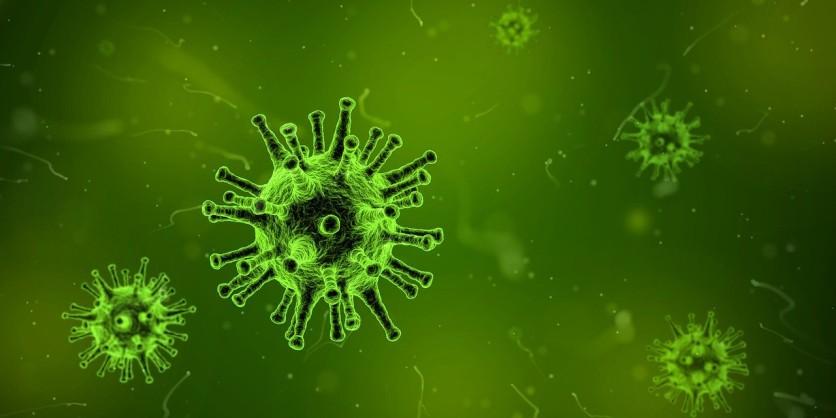Different factors can cause cancer, but the rate of cases of cancer, specifically anal cancer in men that is linked to HPV or human papillomavirus, has increased over the years to an alarming rate, raising the question of how HPV and cancer are related, and why it's essential to know it.
HPV Strains
According to LiveScience, HPV has now become the most widespread sexually transmitted infection (STI) in the US, which has over 200 strains.

Although most of the time, these viruses pass through the body without showing any symptoms, these can cause certain growths in any part of the body, including in the genitalia. The sizes can vary, but low-risk strains like the HPV-6 and the HPV-11 are benign and do not escalate to any form of cancer.
How Viral Infection Causes Cancer
However, there are HPV strains that can stay longer in the body until our immune system completely fails and unable to overcome it.
If that happens, other cells in our body will be infected, especially the precancerous cells that can be found in our body, including the mouth, cervix, throat, vagina, penis, and anus.
Currently, 13 known high-risk HPV strains can cause cervical cancer, plus more that can lead to other kinds of cancer-related health issues.
Increase of HPV-Related Cancer Cases
Based on the data gathered by the Centers for Disease Control and Prevention (CDCP) from 2012 to 2016 in the United States, around 44,000 cases of cancer each year are HPV related, with 25,000 cases concerning women and 19,000 on men.
Additionally, the Journal of the National Cancer Institute has also published a new study this Tuesday, November 19, that shows that there is a rise in anal cancer in men for 15 years from 2001 to 2016.
There were an estimated 69,000 cases, while a staggering number of 12,000 deaths have occurred during the period.
Most alarming of all is that 91% of these cases were linked to HPV.
Lack of Awareness
Sadly, there is still a considerable number of the adult population that is unaware of the connection. Researchers have conducted a study where they asked 6,200 adults around the US about their knowledge of HPV and its relation to cancer.
Although there is a good number of young people aged 18 to 26 who knew HPV could cause cancer, 70% of adults in all age group are not aware.
For now, the best prevention is to get an HPV vaccination, which can be given to young boys and girls from ages 9 to 12.
ⓒ 2025 TECHTIMES.com All rights reserved. Do not reproduce without permission.




